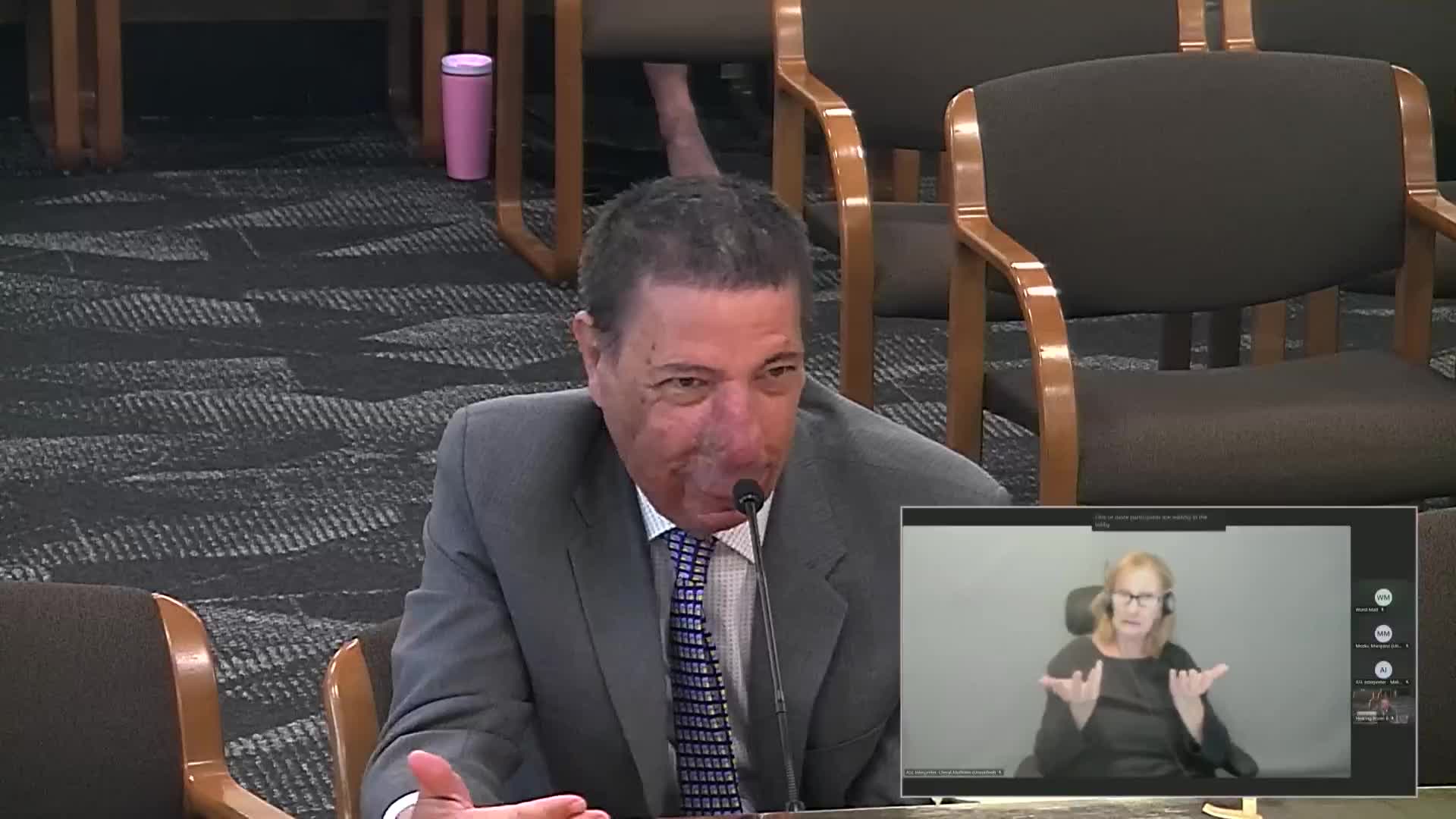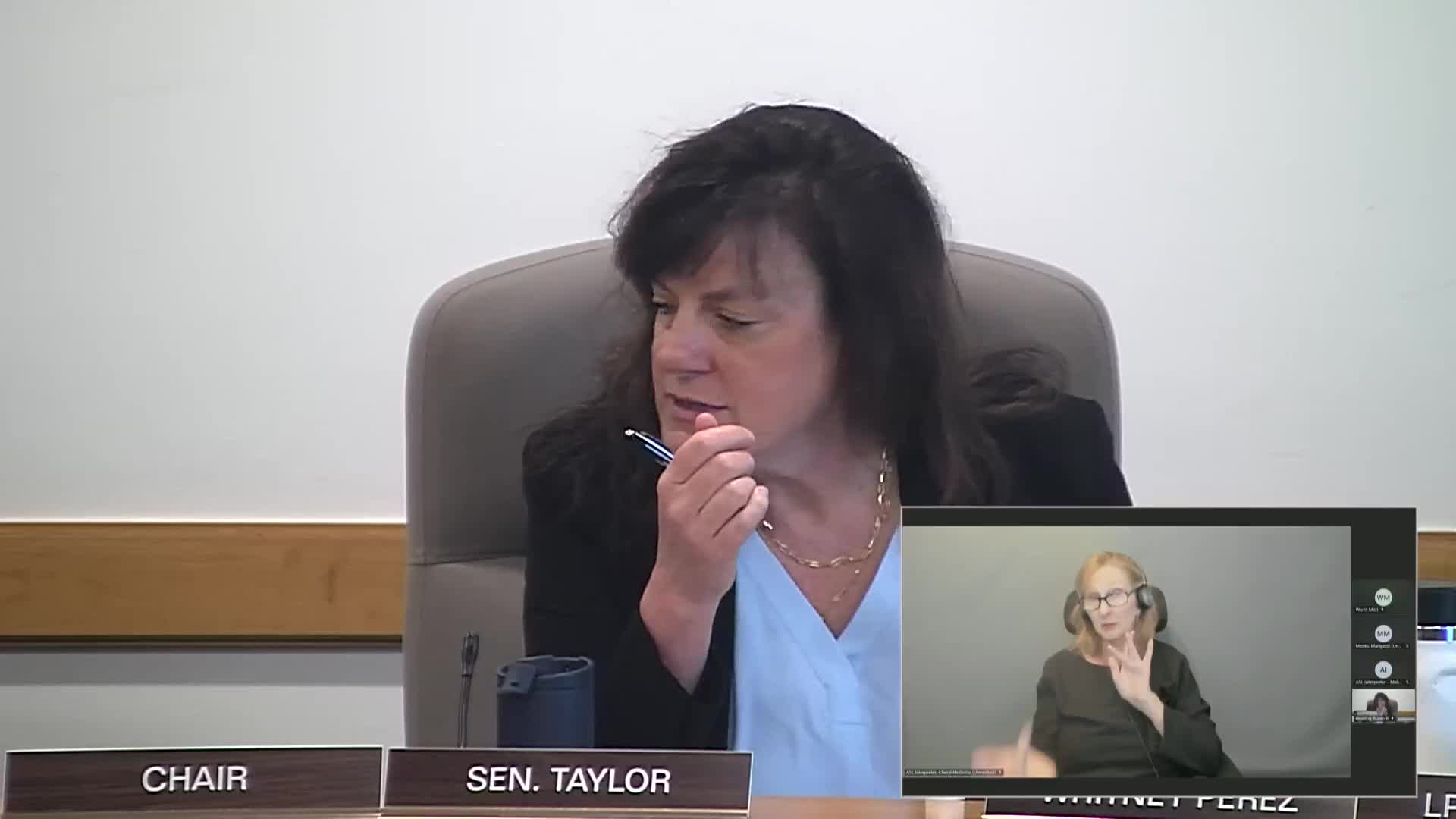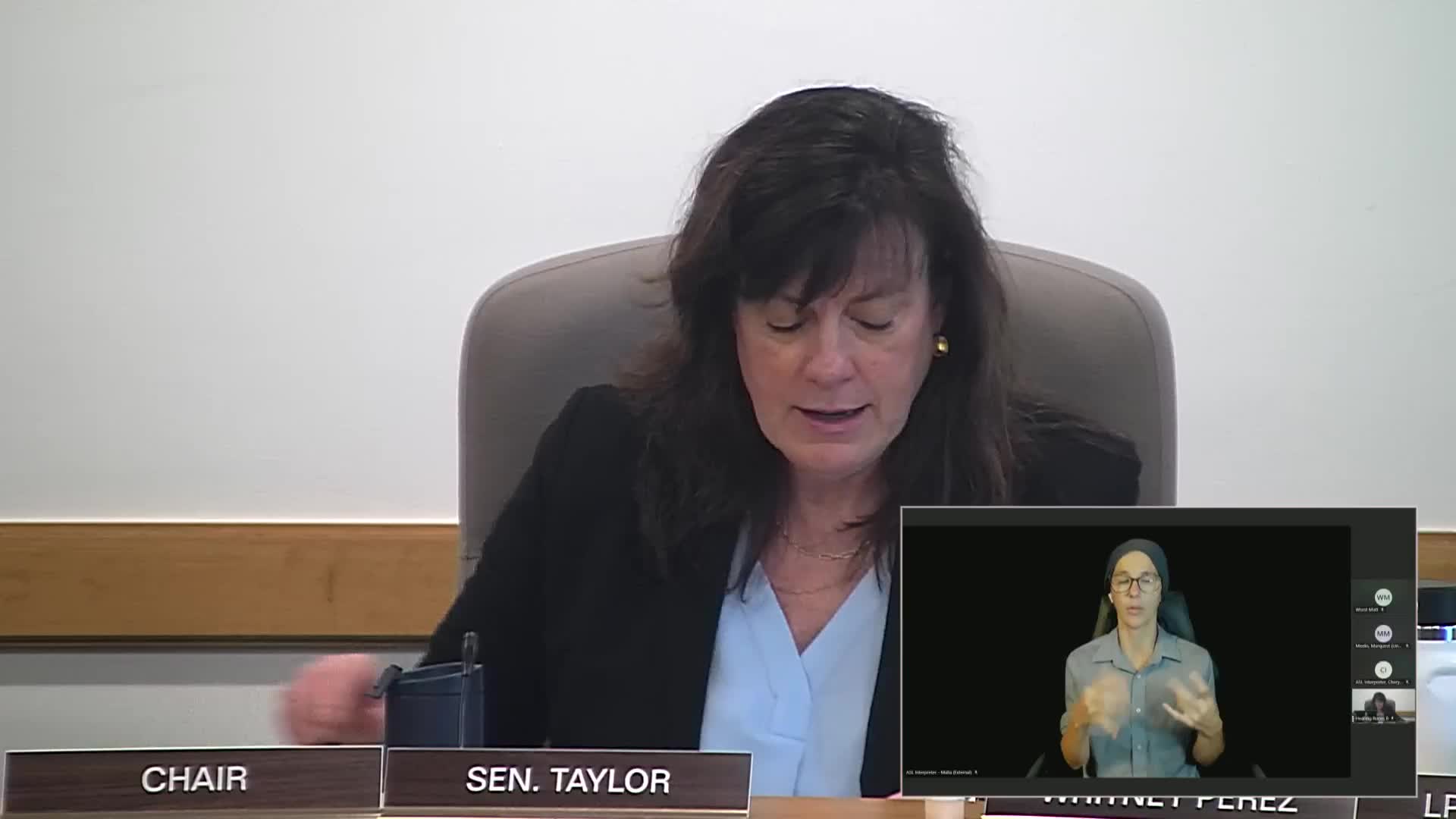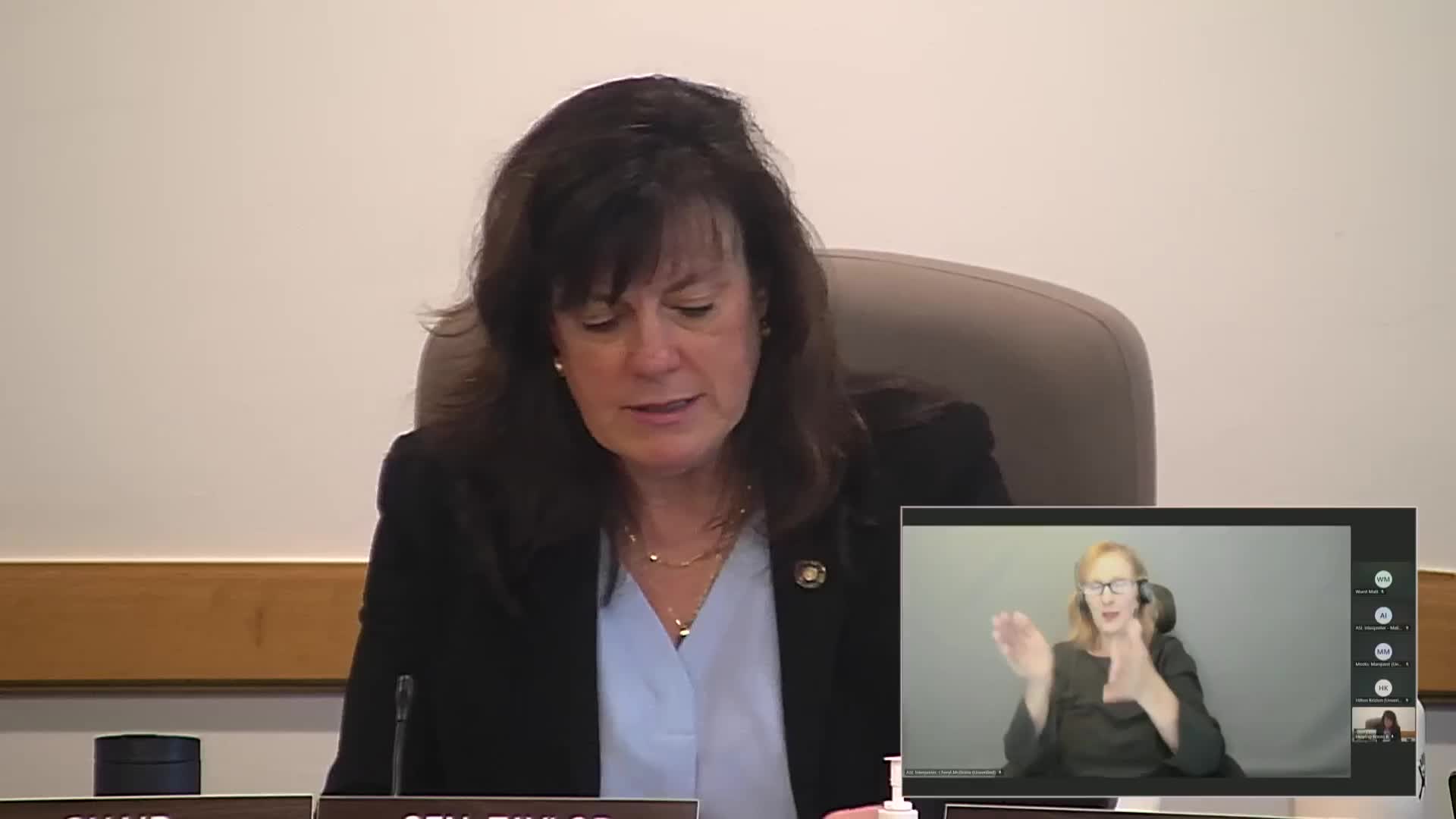Article not found
This article is no longer available. But don't worry—we've gathered other articles that discuss the same topic.

Committee hears bill to exempt minor league players from state wage rules while under MLB collective bargaining agreement

Bill would create escalating fines for public employers that repeatedly delay union dues remittance and employee rosters

Oregon panel hears plan to raise workers' compensation witness‑fee cap to $3,500 and index it

